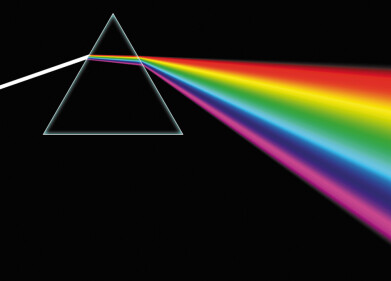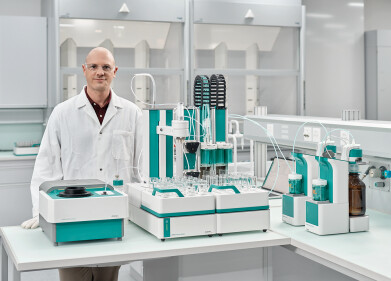Mass Spectrometry & Spectroscopy
Who Won the 2020 Nobel Prize in Physics?
Nov 27 2020
In 2020, the Nobel Prize in Physics was co-awarded to English mathematical physicist Roger Penrose, German astrophysicist, Reinhard Genzel and American astronomer, Andrea Ghez. Bestowed by the Royal Swedish Academy of Sciences, the award is one of the highest accolades in science. The award recognised the trio for their ground-breaking work on black holes, one of the most mysterious phenomena in the universe. Thanks to Penrose, Genzel and Ghez, scientists now have a good understanding of black holes, which have such strong gravitational force that not even light particles can escape.
Penrose recognised for more than 60 years of research
Penrose, a Professor of Mathematics at the University of Oxford, has been investigating black holes since the 1960s. He was awarded half of the Nobel Prize in Physics “for the discovery that black hole formation is a robust prediction of the general theory of relativity.” Using advanced mathematical methods, Penrose mapped how black holes are formed using Albert Einstein’s general theory of relativity. His research played a critical role in proving the existence of black holes, with his iconic paper "Gravitational Collapse and Space-Time Singularities” considered one of the greatest contributions ever made to modern science.
Pinpointing a supermassive black hole
Genzel, co-director of the Max Planck Institute for Extraterrestrial Physics, and Ghez, a professor in the Department of Physics and Astronomy at the University of California, shared the remaining half of the prize “for the discovery of a supermassive compact object at the centre of our galaxy.” Together the pair helped prove the existence of a supermassive black hole that anchors the Milky Way and controls the orbits of stars in the galaxy.
“The discoveries of this year’s Laureates have broken new ground in the study of compact and supermassive objects,” says David Haviland, chair of the Nobel Committee for Physics. “But these exotic objects still pose many questions that beg for answers and motivate future research. Not only questions about their inner structure, but also questions about how to test our theory of gravity under the extreme conditions in the immediate vicinity of a black hole.”
Equipment plays a pivotal role in advancing scientific discoveries. Find out more about the latest state-of-the-art laboratory equipment in ‘Benchtop NMR – Bringing New Access to Technology to the Next Generation of Scientists.’ It spotlights the discovery of Nuclear Magnetic Resonance (NMR) spectroscopy, which saw Felix Bloch and Edward Purcell awarded the 1952 Nobel Prize in Physics for their work.
Digital Edition
Lab Asia 31.6 Dec 2024
December 2024
Chromatography Articles - Sustainable chromatography: Embracing software for greener methods Mass Spectrometry & Spectroscopy Articles - Solving industry challenges for phosphorus containi...
View all digital editions
Events
Jan 22 2025 Tokyo, Japan
Jan 22 2025 Birmingham, UK
Jan 25 2025 San Diego, CA, USA
Jan 27 2025 Dubai, UAE
Jan 29 2025 Tokyo, Japan



















